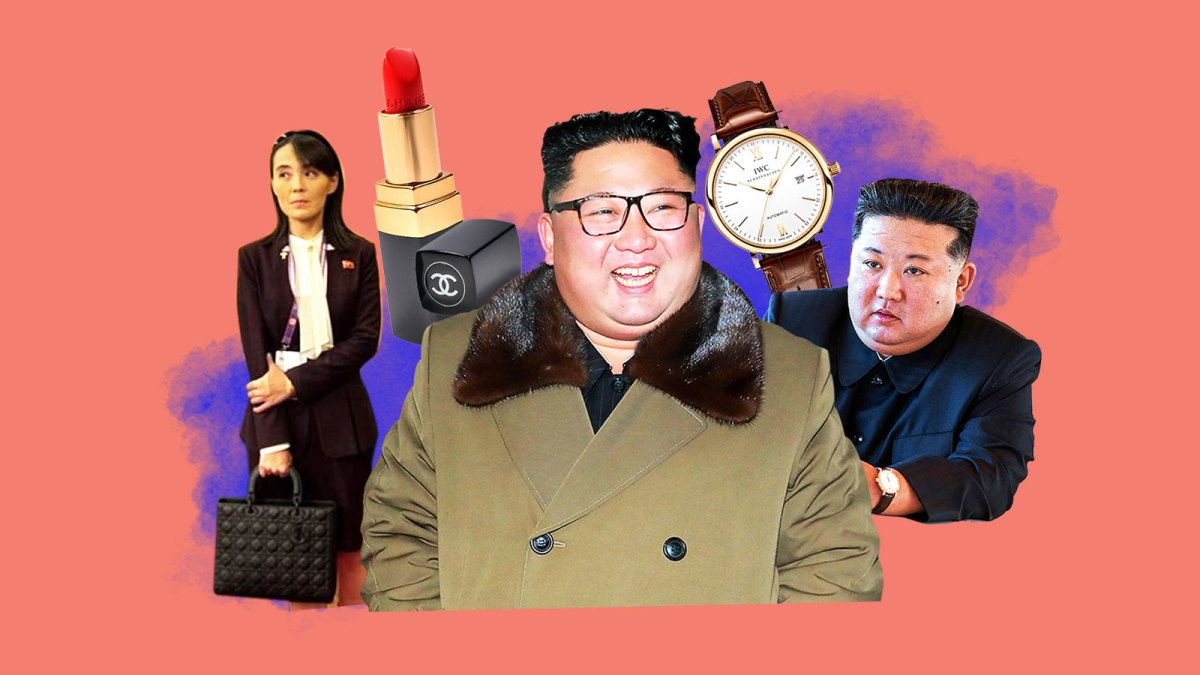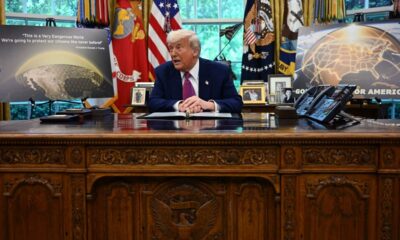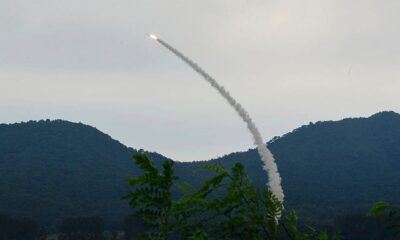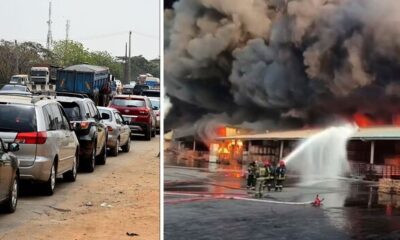World
North Korean Elite Showcase Luxury Amid Widespread Poverty

The elite class in North Korea has begun to flaunt their wealth through conspicuous consumption, including fur coats and high-end luxury brands, while the majority of citizens endure severe hardships. As food shortages persist across the country, the disparity between the wealthy and the impoverished is becoming increasingly apparent.
In recent months, reports indicate that a small segment of North Korea’s trading class is indulging in extravagant displays of affluence. The UN World Food Programme has highlighted a dire situation, with over 10 million people in North Korea facing acute food insecurity. This crisis is exacerbated by the government’s restrictions on international trade and ongoing sanctions.
The growing visibility of wealth among the elite has raised eyebrows both domestically and internationally. Kim Jong-un continues to consolidate power, yet the suffering of ordinary citizens contrasts sharply with the opulence of a privileged few. A recent analysis indicates that the country requires an estimated $620 million in humanitarian aid to address the ongoing food crisis effectively.
Disparities in Wealth and Living Conditions
As the elite don designer clothing and lavish accessories, average citizens struggle to stay warm during harsh winters. Many families lack adequate heating, leading to dire living conditions. Reports suggest that some residents resort to foraging for food or relying on government rations that are often insufficient.
The North Korean government has historically maintained strict control over the economy, with limited opportunities for entrepreneurship. However, a burgeoning trading class has emerged, taking advantage of rare market openings. This shift has resulted in wealth accumulation for some while neglecting the basic needs of the larger population.
Humanitarian organizations have voiced concerns over the current state of affairs, emphasizing the need for immediate intervention. The World Food Programme has called upon the international community to provide support, warning that without assistance, the situation will worsen.
Implications for Governance and Future Stability
The stark contrast between the elite’s lifestyle and the struggle of ordinary North Koreans raises questions about governance and societal stability. Analysts warn that such disparities can lead to increased discontent among the populace, potentially undermining the regime’s authority.
As the international community watches closely, the potential for unrest looms. The government’s focus on military and luxury expenditures, while neglecting the welfare of its citizens, may create a volatile environment. Experts suggest that without significant reforms, this inequality could pose a significant challenge to North Korea’s long-term stability.
The unfolding situation in North Korea serves as a poignant reminder of the complexities surrounding wealth, governance, and human rights. As the elite revel in luxury, the hope for a more equitable society remains distant for many.
-

 Entertainment3 months ago
Entertainment3 months agoAnn Ming Reflects on ITV’s ‘I Fought the Law’ Drama
-

 Entertainment4 months ago
Entertainment4 months agoKate Garraway Sells £2 Million Home Amid Financial Struggles
-

 Health3 months ago
Health3 months agoKatie Price Faces New Health Concerns After Cancer Symptoms Resurface
-

 Entertainment3 months ago
Entertainment3 months agoCoronation Street’s Carl Webster Faces Trouble with New Affairs
-

 Entertainment3 months ago
Entertainment3 months agoWhere is Tinder Swindler Simon Leviev? Latest Updates Revealed
-

 Entertainment4 months ago
Entertainment4 months agoMarkiplier Addresses AI Controversy During Livestream Response
-

 Science1 month ago
Science1 month agoBrian Cox Addresses Claims of Alien Probe in 3I/ATLAS Discovery
-

 World2 weeks ago
World2 weeks agoBailey Announces Heartbreaking Split from Rebecca After Reunion
-

 Health4 months ago
Health4 months agoCarol Vorderman Reflects on Health Scare and Family Support
-

 Entertainment4 months ago
Entertainment4 months agoKim Cattrall Posts Cryptic Message After HBO’s Sequel Cancellation
-

 Entertainment3 months ago
Entertainment3 months agoOlivia Attwood Opens Up About Fallout with Former Best Friend
-

 Entertainment2 weeks ago
Entertainment2 weeks agoCoronation Street Fans React as Todd Faces Heartbreaking Choice

















